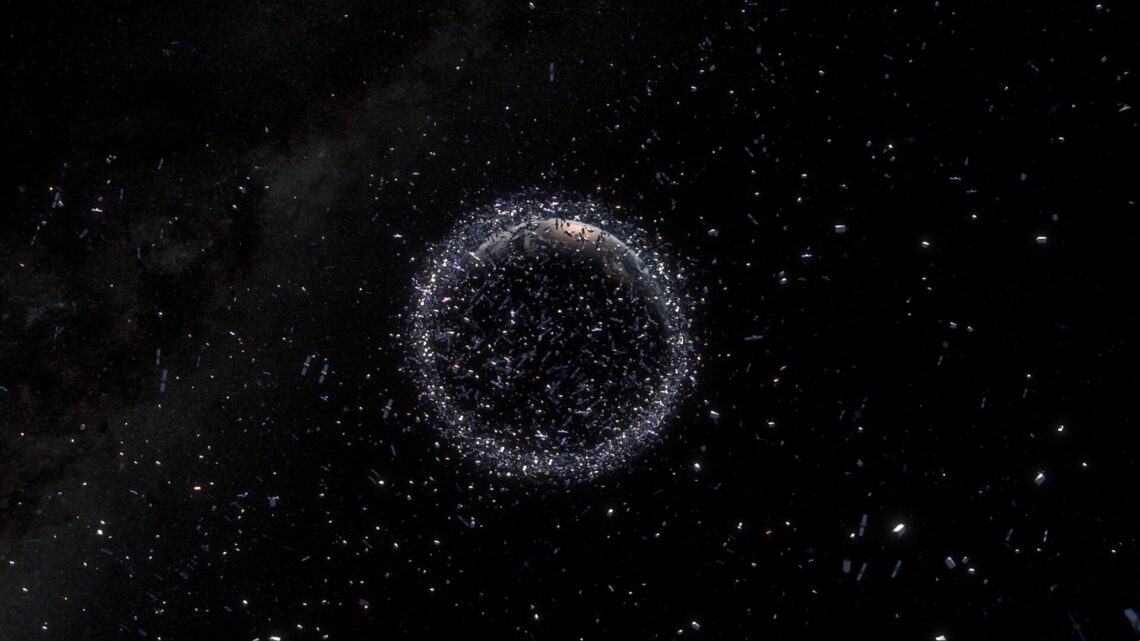The United States government appears to finally be taking on dangerous debris in earth orbit, and two recent efforts may now have opened the door to solutions. For seven decades, we have polluted earth orbits, leaving thousands of useless space vehicles over our heads. Many more launches are coming, and we have run out of time to become serious about this threat.
The Biden Administration has now begun to draw lines. Last Oct. 2, the FCC issued the first fine ever for space debris, ordering the U.S. TV provider Dish to pay $150,000 for failure to move one of its satellites into a safe orbit. The damage to Dish was immediate. The company’s share price fell almost 4 percent that day, chopping $100 million off of the company’s $4 billion valuation. It was a timely wake up call for commercial satellite companies and governments to prepare for serious regulation of space debris.
Then, on November 1, the U.S. Senate passed the Orbital Sustainability (ORBITS) Act in a unanimous vote for the second time. The legislation was put forward by Sen. Maria Cantwell (D-Wash.) and Sen. John Hickenlooper (D-Co.) and was sponsored by the Senate Committee on Commerce, Science and Transportation and is meant to support technologies to deal with the roughly 900,000 pieces of dangerous orbital debris.
Global efforts for a growing problem
According to the committee’s press release, “approximately 8,000 metric tons of space junk” now in orbit “includes 900,000 individual pieces of debris” that are potentially lethal to satellites, space missions, commercial space services and human lives. The bill would charge the Department of Commerce Office of Space Commerce, NASA, the National Space Council and the FCC with prioritizing debris of greatest risk, demonstrating removal of debris to incentivize removal technologies, commence a multi-agency update to existing debris standards and would encourage the development of practices for coordinating space traffic…
Read the full article here

